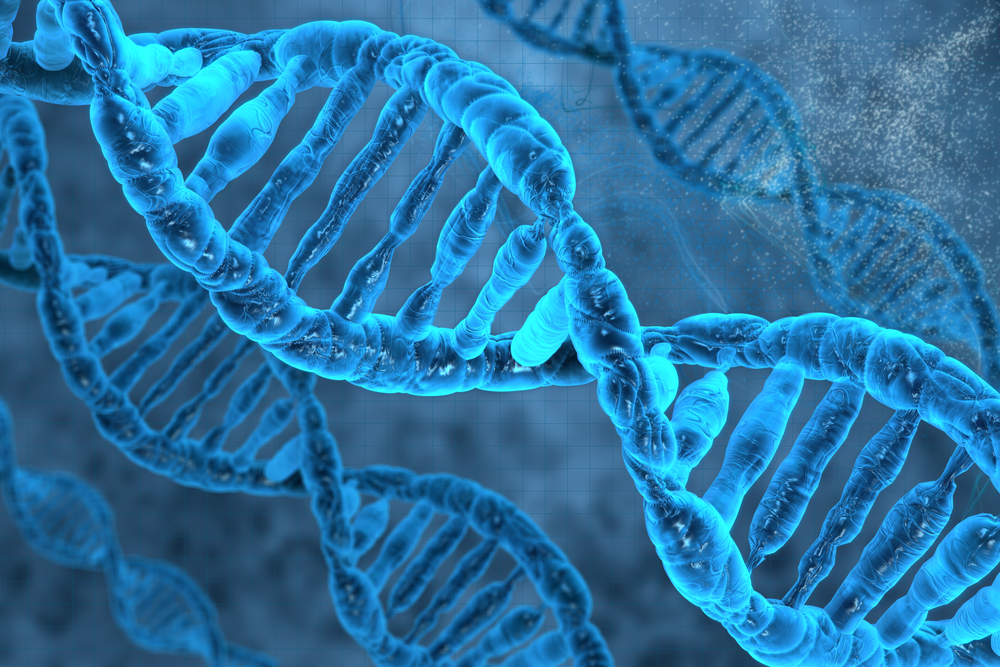2 Genes Linked to Alzheimer’s Newly Identified in African-Americans
Written by |

Two new genes associated with the risk of developing Alzheimer’s disease (AD) in African-Americans were identified by researchers at Boston University School of Medicine (BUSM), a discovery that could lead new therapies targeting these genes.
“There are currently no medications for AD that slow or stop the progression of the disease. Genes that increase risk for AD are potential targets for new disease-modifying AD drug therapies. Our study identifies two potentially ‘drugable’ targets,” Dr. Jesse Mez, an assistant professor of neurology at BUSM and first author of the study, “Two novel loci, COBL and SLC10A2, for Alzheimer’s disease in African Americans,” published in the scientific journal Alzheimer’s and Dementia, said in a press release.
Although AD is more common among African-Americans compared to Caucasians, the genetic risk factors associated with AD in this population are poorly understood. More than 20 genes that may be linked to AD have already been identified in Caucasians, but fewer than five for African-Americans.
“Our hope is that this study begins to eliminate that disparity and that ultimately these newly identified genes become targets for Alzheimer’s disease drug development,” said Mez.
A genome-wide association study was conducted on more than 5,500 African-Americans in 2013, in which researchers analyzed genetic variants across the genome of those with AD, and compared findings to healthy volunteers.
In the present study, scientists used the same people but added information about risk factors associated with AD — such as age, sex, smoking habits, whether participants had diabetes, and education levels — to the statistical modeling. These parameters increased the power of the study, and two new genes called COBL and SLC10A2 were identified.
COBL is thought to play an important role in brain development, while SLC10A2 encodes for a protein responsible for the initial uptake of bile acid from the intestine.
According to the researchers, the approach used also allowed them to make a notable discovery without the added costs and efforts of recruiting a new study group and analyzing its members genetically.





